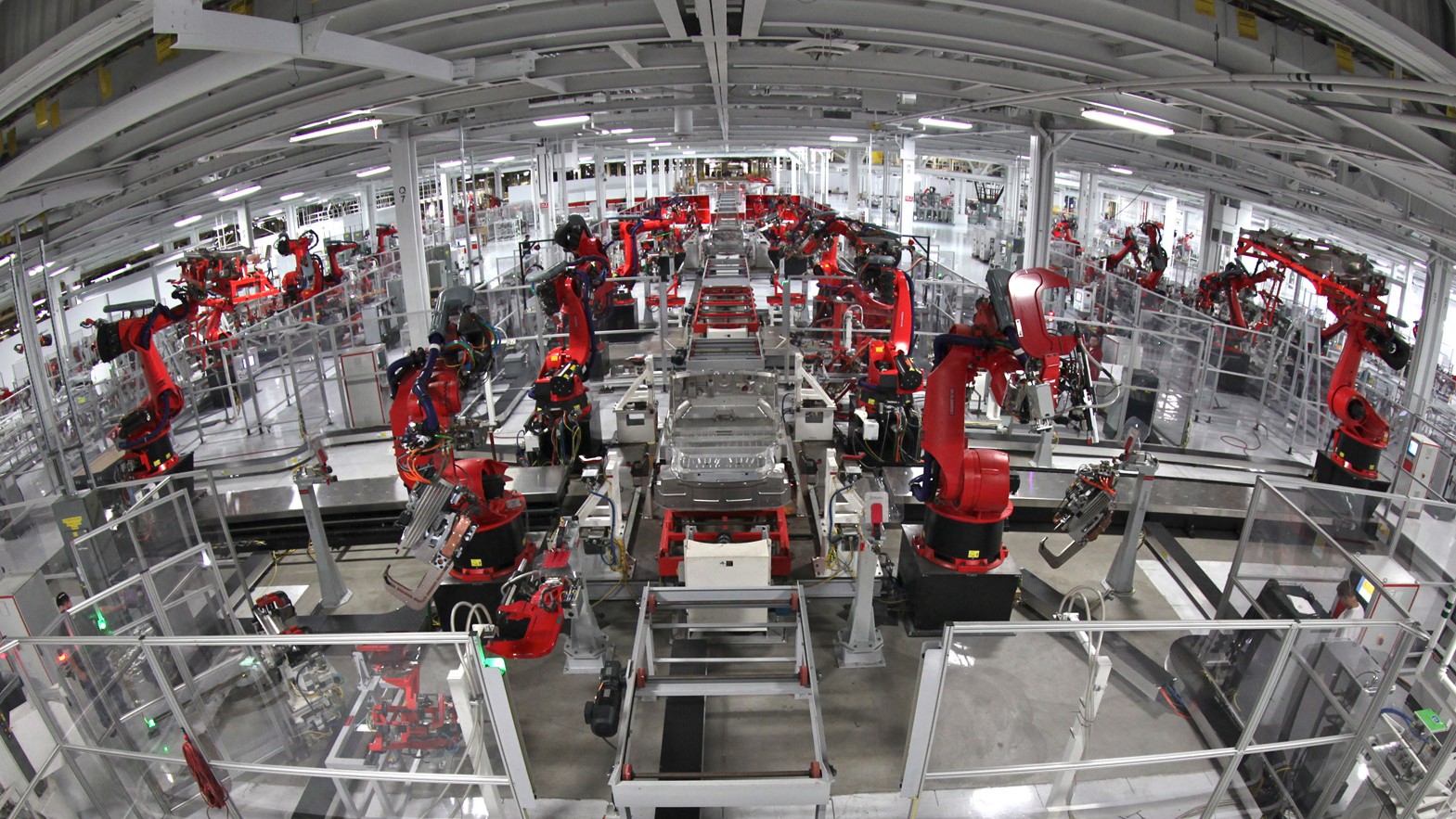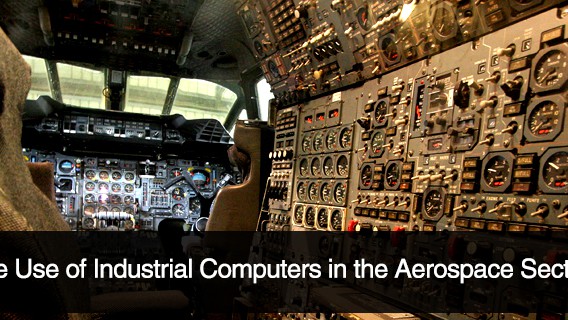Human Machine Interface (HMI) is an important concept to be aware of in today’s industrial automation IT world. Technological innovations and advances have pushed automation’s boundaries close to near-perfect operation within industrial warehouses and manufacturing plants. We’re seeing these pushes both on a software and hardware level. Developments in artificial intelligence software are getting more sophisticated, so naturally the hardware must scale with the demands of software. However, there still must be a “starting point” in the pathway from device controller to automation result, and that’s where HMI plays a part. It’s a concept that has evolved over time as an overarching idea that incorporates all functionality of a given production system into a single user interface that can be controlled by simply touching an industrial touch panel PC. It’s the combination of a graphical user interface, an automated production system, and its supporting software that must operate in synergy to be fully productive. These HMIs are becoming more important with the onset of the Internet of Things (IoT) and the desire to fully automate processes. However, not just any device will operate in the manner an HMI needs.
HMI Computers Must Be Compact
Article Guide
Warehouses come in all shapes and sizes, but regardless of the configuration of a warehouse it’s important to find an industrial touch panel PC capable of being installed in an area that’s non-obtrusive to traffic. A retail computer purchased off the shelf and then stored on a warehouse floor will undoubtedly get kicks and light shock damage. Populate an entire warehouse with computer towers, and you’re bound to see a hardware failure within the first three months. Small form factor design with a flexible open frame, wireless technology, and a fully integrated resistive touch screen are necessary components for a proper HMI computer. Why a resistive touch screen if it’s older technology? Capacitive touch screens won’t function with gloves. If you’re in an industrial warehouse, we’d recommend using gloves. We’d also recommend a resistive screen so you won’t need to remove them.
An Industrial Touch Panel PC Must Be Resilient
Temperature changes, sparks, disruptive noises, dirt, soot, chemicals, flying objects, shock damage, and other hazards are a concern for computers in warehouses. Workers can’t operate computers if they’re too close to an entity producing extremely hot or cold temperatures, so HMI computers must be resilient to extreme temperature changes. Thankfully, industrial computers are. Several industrial computer builds are encased in aluminum housings and constructed with military-grade components that have a Mean Time Between Failure of 50 thousand hours, much more than a consumer-grade computer. You’ll need an HMI computer resistant to all hazards to keep longevity. Combining metal enclosures, military-grade components, and resilience in extreme temperatures creates the perfect trifecta for longevity when it comes to HMI computers.
Industrial Computers Need Wireless Tech
A common problem with consumer-grade wireless devices is shoddy WiFi. Home routers drop wireless signals because of attenuation; wireless tech in HMI computers may do the same if the wireless range is too weak over the wireless “path,” or it’s blocked by warehouse walls—a concept known as a Faraday cage. Ensuring your next industrial touch panel PC is equipped with some of the strongest wireless capabilities—an Intel Dual Band Wireless-N 7260 Plus Bluetooth card—will reduce if not remove spotty wireless connections. Plus, if a keyboard and mouse are needed they can connect seamlessly with the HMI computer via Bluetooth.
Industrial Panel PCs Need Mountability Options
For your next industrial computer deployment, it’s a strong idea to ensure all of the above are addressed, but that doesn’t address where your panel PCs might reside. What’s the solution there? An IT professional can’t leave them dangling from power cables or thrown about a warehouse floor, so a VESA mount is necessary to keep them clutter free. Using a standard 75/100m VESA mounting holes, staff can keep panel PCs out of the way by mounting them to the wall.
Adhering to specific hardware design and a set of features that expand productivity are what businesses should look for when it comes to HMI computers. At Cybernet, we’ve engineered a full line of industrial PCs that meet these standards and excels in the warehouse. Contact us today to find out more details.
The Role of Industrial Computers in Industrial Automation
July 2, 2020
Industrial automation, as the name suggests, refers to using industrial computers in order to automate industrial processes. It may be understood as an umbrella term for computer automation of design, manufacturing and…
0 Comments9 Minutes
The Use of Industrial Computers in the Aerospace Sector
September 17, 2015
Over recent years, industrial computers have come to take on a critical role in a number of professions. The aerospace industry is one sector that has come to rely on the use of these devices to address a number of…
0 Comments4 Minutes
You Can't
Learn from a Pop-up
But we can deliver knowledge to your inbox!
We dive deep in the industry looking for new trends, technology, news, and updates. We're happy to share them with you.
Knowledge, News, and Industry Updates Right in Your Inbox




